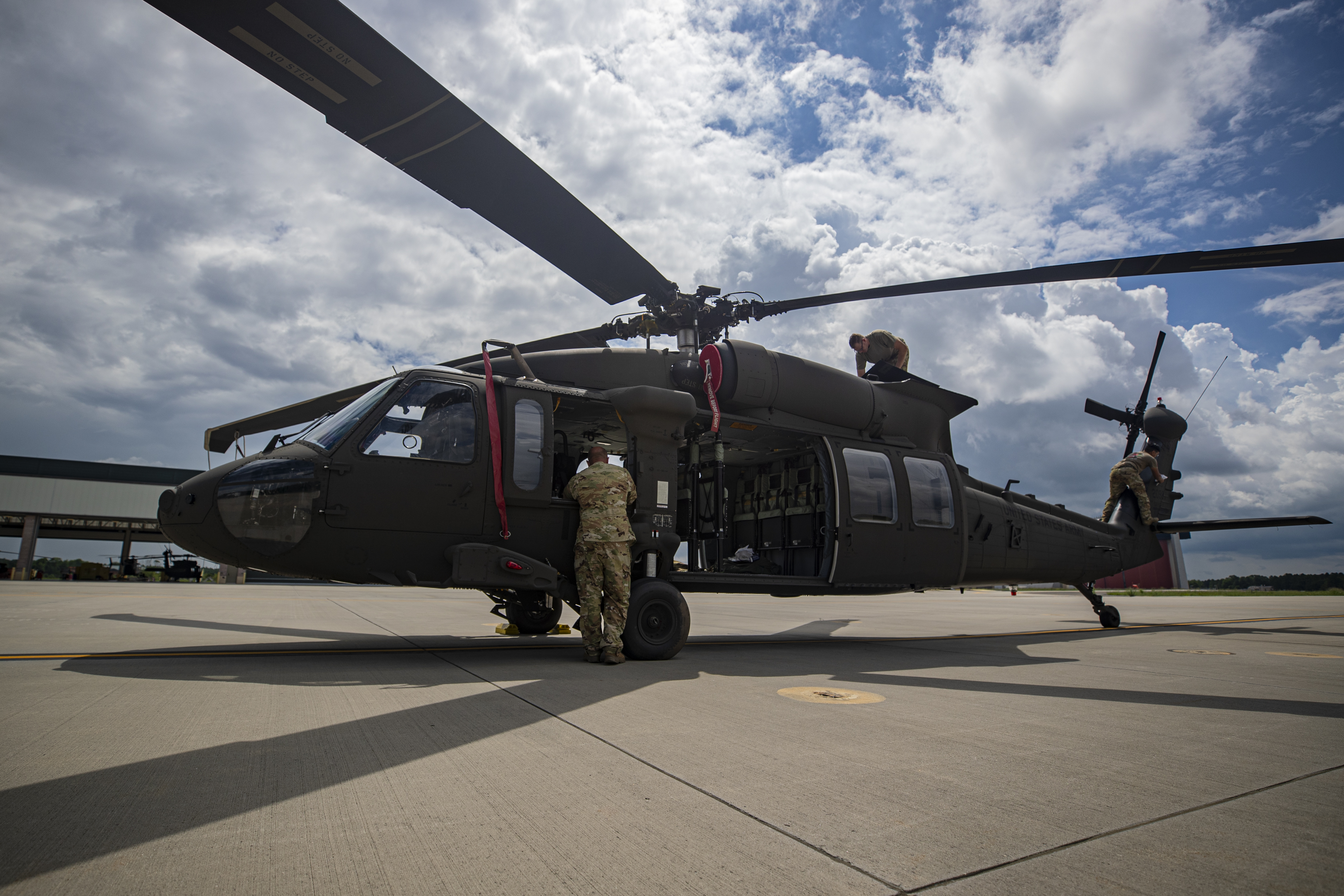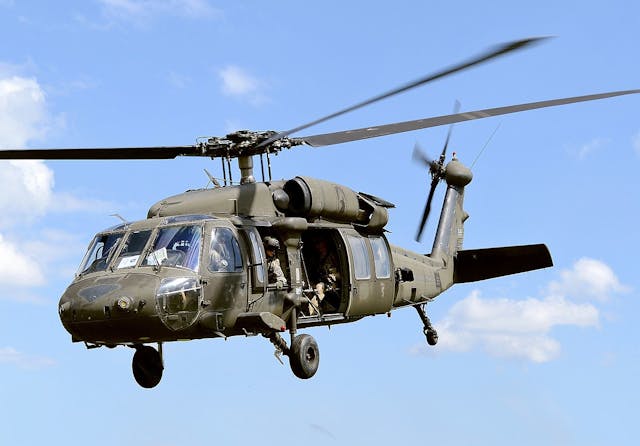The Influence of Sustainable Practices on the Future of Airplane Operations and Emissions Decrease
As the air travel market deals with raising examination over its environmental influence, the adoption of sustainable practices emerges as a critical pathway toward future aircraft procedures and discharges decrease. Technologies in lasting air travel gas and improvements in hybrid propulsion modern technologies stand at the center of this makeover, encouraging considerable reductions in greenhouse gas emissions.

Review of Lasting Practices
Sustainable practices in aircraft procedures incorporate a series of approaches targeted at decreasing environmental influence while maintaining functional performance. These techniques are essential in the aviation industry's commitment to reducing its carbon impact and sticking to global environmental standards. Trick campaigns include maximizing trip paths to reduce gas consumption, boosting upkeep procedures to guarantee aircraft operate at peak efficiency, and implementing advanced modern technologies such as winglets and light-weight products that improve aerodynamics.

Training and involving team on sustainability methods additionally play an essential duty, cultivating a culture of ecological duty within organizations. On the whole, the integration of these lasting practices not just assists decrease emissions however also improves the long-term stability of the air travel industry, guaranteeing it fulfills the demands of both clients and regulative bodies while contributing to global sustainability objectives.
Innovative Gas Alternatives
Various cutting-edge gas choices are arising as pivotal remedies to minimize the aviation market's reliance on standard nonrenewable fuel sources. Among these options, Lasting Aeronautics Fuels (SAFs) have actually gotten significant attention due to their potential to reduce lifecycle greenhouse gas emissions by up to 80% compared to standard jet fuels. SAFs are stemmed from various feedstocks, including waste oils, farming residues, and even algae, making them a functional choice for the market.
Another appealing alternative is hydrogen gas, which, when utilized in fuel cells, creates just water vapor as a byproduct. In addition, electrical propulsion systems are being checked out, leveraging battery innovation to power airplane.
Lastly, biofuels stemmed from biomass are being explored, providing an eco-friendly alternative that can be blended with typical gas. Collectively, these cutting-edge fuel choices represent an important action towards achieving a lasting air travel environment, lining up with international emissions reduction targets and enhancing the sector's ecological stewardship.
Technical Developments in Aeronautics

How can technological advancements improve the future of air travel? Developments such as hybrid and electrical propulsion systems are at the center, appealing substantial reductions in gas intake and greenhouse gas emissions.
Additionally, the application of advanced materials, such as lightweight compounds, adds to boosted aerodynamics and gas effectiveness. Using artificial intelligence and device understanding in flight procedures maximizes path preparation and reduces gas burn by making it possible for real-time adjustments based upon weather and traffic conditions. Furthermore, the development of independent and from another location piloted aircraft systems stands to reinvent freight and traveler transportation, potentially boosting efficiency while decreasing human error.
In addition, sustainable air travel technologies, including innovative air website traffic monitoring systems, can lower and simplify procedures congestion, resulting check over here in reduced exhausts during trip. These advancements jointly stand for a paradigm shift in aeronautics, promising a future where sustainability and operational effectiveness are linked, thereby supporting the sector's commitment to decreasing its ecological influence.

Regulatory Framework and Conformity
Taking into account the expanding emphasis on environmental stewardship within the aeronautics sector, the regulatory framework governing airplane procedures is advancing to advertise lasting techniques. Governing bodies, such as the International Civil Aeronautics Company (ICAO) and different nationwide aviation authorities, are presenting rigid guidelines focused on decreasing emissions and improving operational efficiency.
These regulations usually consist of the adoption of Sustainable Air travel Fuel (SAF), which has been recognized as a key part in attaining reduced carbon footprints. Compliance with these laws needs airlines to implement functional techniques and advanced technologies, such as maximized flight courses and enhanced air traffic monitoring, to reduce fuel usage.
Additionally, the enforcement of discharges trading schemes and carbon countering initiatives is coming to be progressively widespread, compelling airline companies to keep track of and report their exhausts accurately. Non-compliance can lead to substantial penalties, hence pushing drivers to prioritize sustainability in their service designs.
Ultimately, the progressing governing landscape not just drives advancement and investment in green innovations yet also cultivates a society of responsibility within the aeronautics industry. As these frameworks remain to develop, the focus on lasting practices will certainly be integral to accomplishing the sector's long-lasting ecological goals.
Future Trends in Aircraft Procedures
As the aeronautics sector adapts to a significantly rigorous regulative setting, future trends in airplane procedures are readied to focus on cutting-edge options that better boost sustainability and effectiveness - uh 60. Secret growths will likely consist of the adoption of advanced air web traffic management systems, which make use of real-time data and fabricated knowledge to optimize flight courses, lowering gas intake and discharges
One more considerable pattern is the enhanced assimilation of sustainable aeronautics gas (SAFs) These alternatives to standard jet gas, stemmed from renewable resources, can considerably reduce lifecycle greenhouse gas discharges. The market's dedication to SAFs will likely speed up as airline companies work together with fuel producers to make sure schedule and cost-effectiveness.
In addition, the press in the direction of electrification and hybrid propulsion systems is acquiring momentum. Emerging airplane layouts will certainly integrate these innovations, using quieter and much more efficient operations, specifically for short-haul flights.
Final Thought
The adoption of sustainable air travel fuels, combined with innovations in electric and hybrid propulsion systems, is important for decreasing lifecycle greenhouse gas exhausts. Maximizing trip courses and welcoming cutting-edge technologies contribute to a quieter and extra eco pleasant aeronautics market.
Developments this page in sustainable aviation fuels and improvements in crossbreed propulsion modern technologies stand at the forefront of this change, appealing substantial decreases in greenhouse gas emissions.Countless ingenious gas choices are arising as pivotal solutions to decrease the air travel industry's reliance on typical fossil gas - uh 60. Among these choices, Sustainable Air travel Gas (SAFs) have actually gained considerable focus due to their possible to lower lifecycle greenhouse gas discharges by up to 80% contrasted to standard jet fuels.One more considerable trend is the raised combination of sustainable air travel gas (SAFs) The fostering of lasting aeronautics fuels, paired with check this improvements in hybrid and electrical propulsion systems, is important for lessening lifecycle greenhouse gas exhausts